IMPROVED ACCESS TO WATER AND SANITATION
The project aimed to equip eight nursery schools from the Blantyre district with safe water and improved hygiene facilities in order to improve the health of children under five and of the surrounding communities. Pump Aid was to construct water points and latrines and provide training in appropriate hygiene behaviour at the schools. Kitchen gardens were to be established at the nursery schools to diversify the children’s nutrition and complement an existing feeding programme. The improved facilities ultimately aimed to increase the attendance at the nursery schools.
By the end of the project, eight community based childcare centres were successfully equipped with age-appropriate latrines, hand washing stations and water points. All the communities contributed construction materials (sand and bricks) and, in some cases, labour. The nursery schools were all equipped with kitchen gardens, complementing the feeding programme in place. Total student numbers at the schools had increased from 804 to 1,066. 60% of the children were practicing consistent positive hygiene behaviour leading to a reduction of 24% in diarrhoea amongst the students. Over the two years the improved diet led to a reduction in the number of underweight children from 3.3% to 0.7%. 69 Community Management Committees were trained in community-based management of boreholes and hygiene education.
Pump Aid is a UK registered charity founded in 1998 whose goal is to provide access to clean water. It aims to help people to achieve self-reliance. In Malawi, it operates in nursery schools supported by the NGO Mary’s Meals.
News

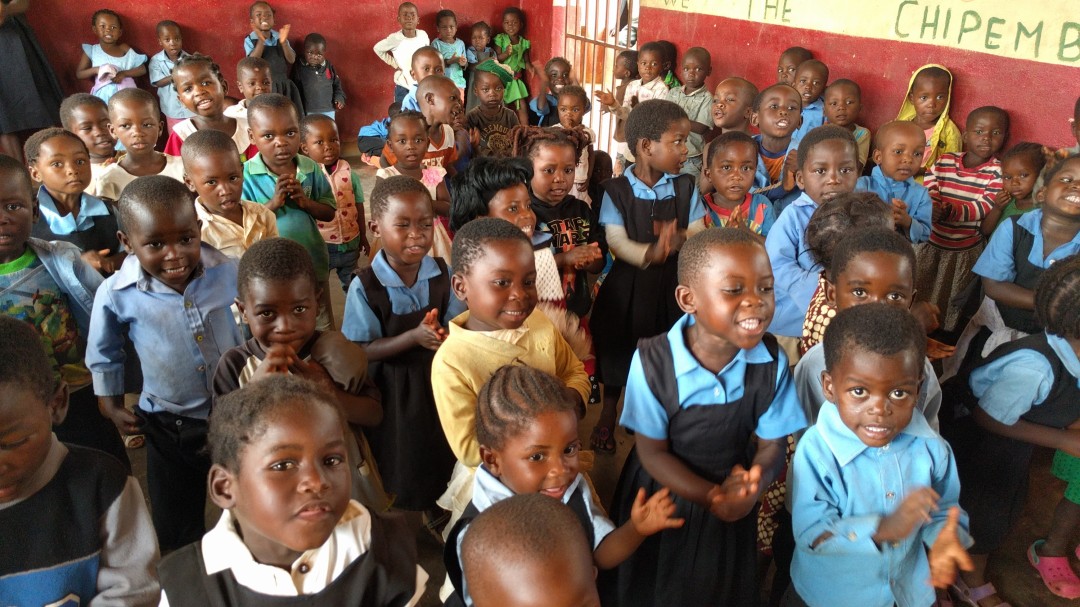
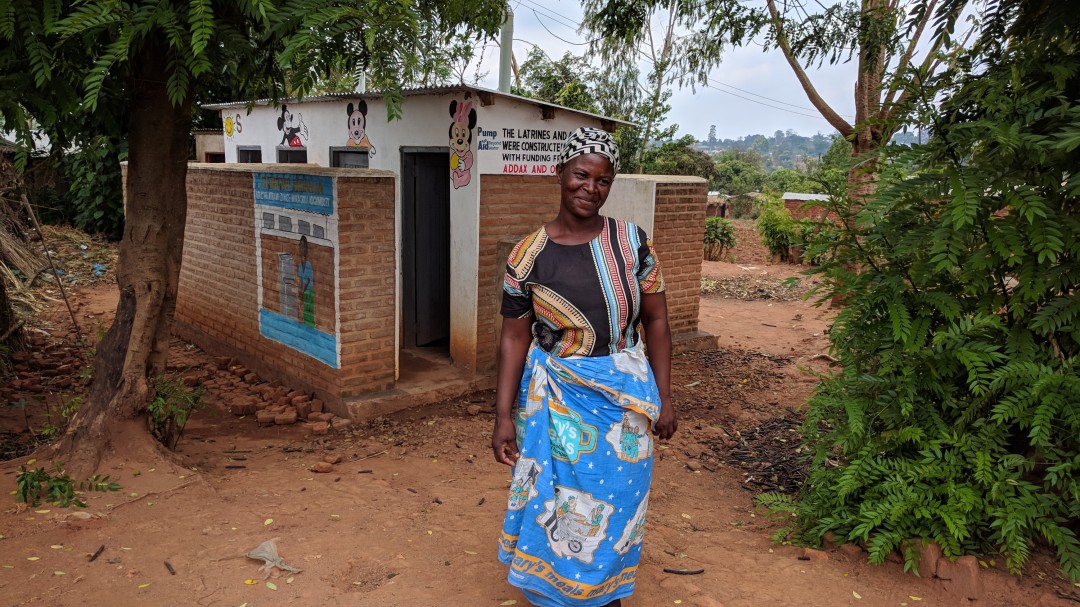


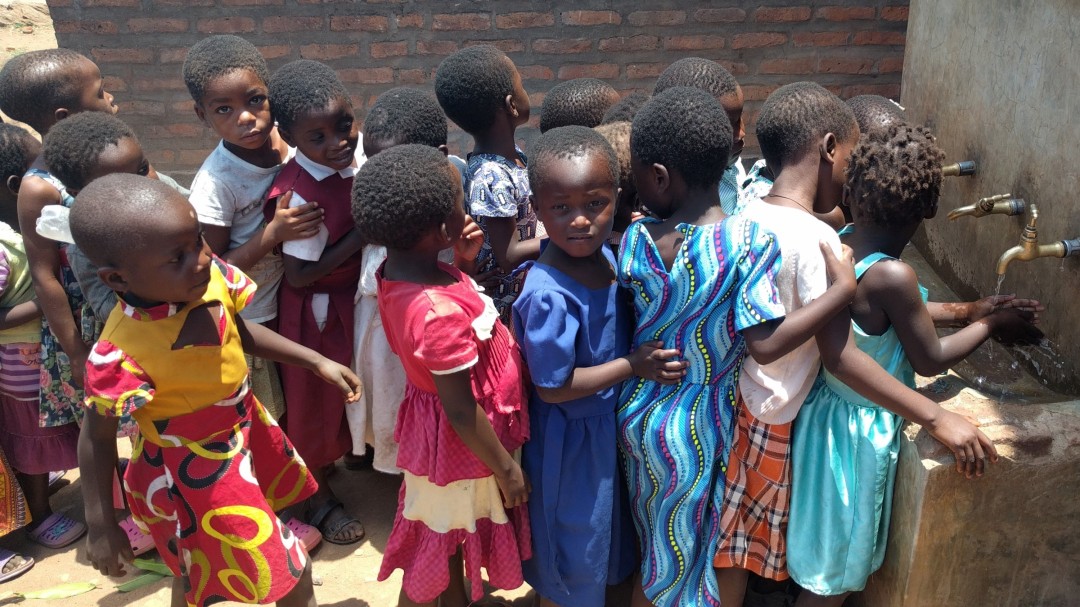

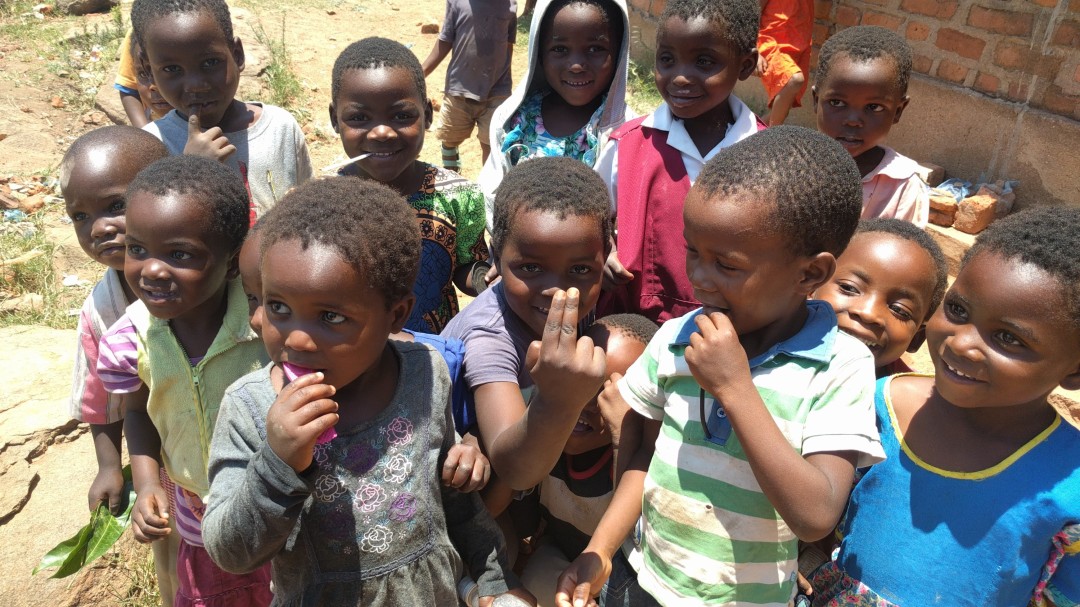

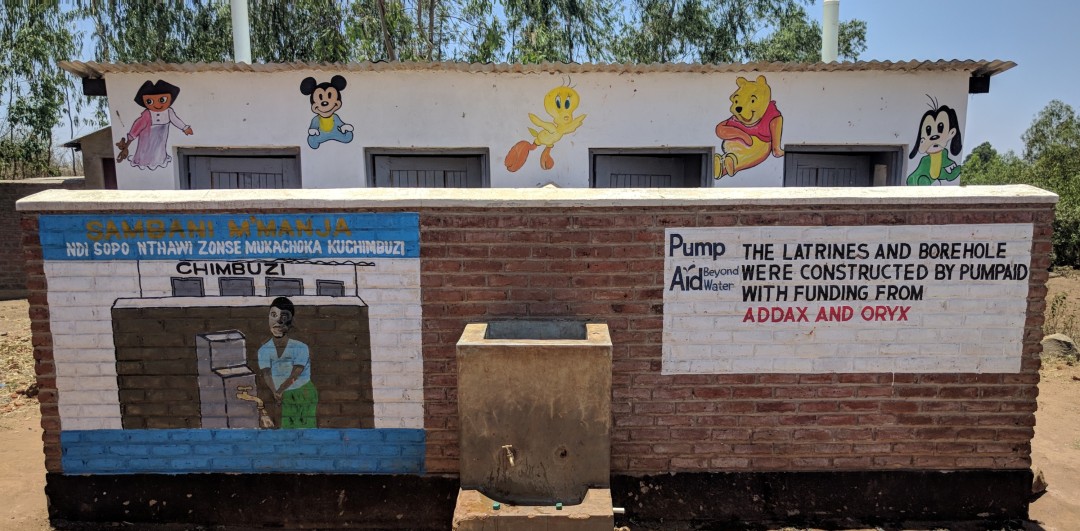

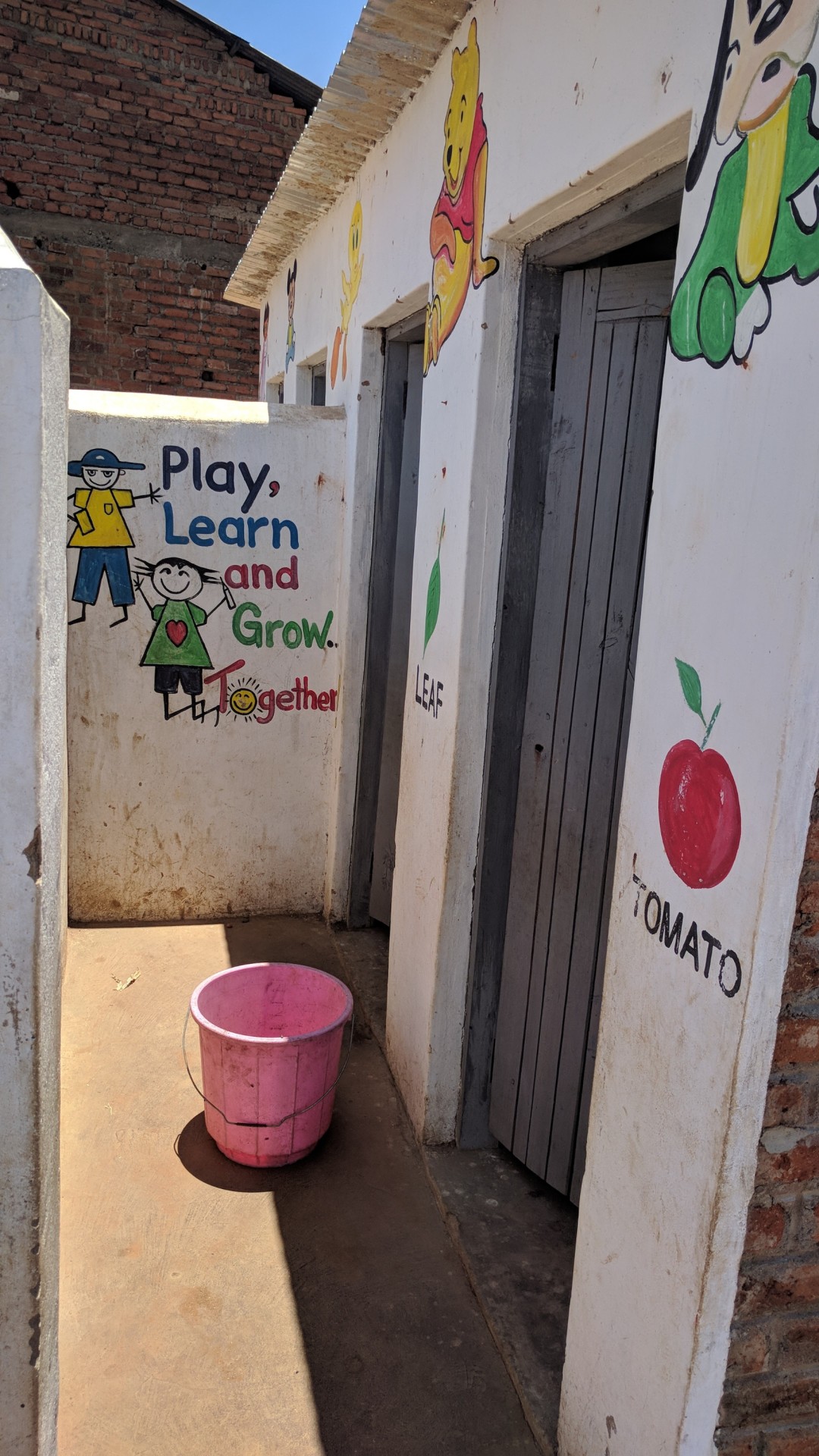
Malawi
Population
18.6 million (2017)
Per Capita Income
USD 320/year (2017)
Poverty rate *
52% (2016)
Literacy rate
62% (2016)
Human Development Index
171st out of 189 countries (2018)
Malawi has been suffering from a deteriorating political environment since 2010, which has led to a weaker economy after five consecutive years of solid growth. Over 50% of the country's population lives below the poverty line and a quarter of the population is extremely poor. 37% of children under the age of five are suffering from stunting which hinders brain development, school performance, immunity and health. The country’s social indicators have nevertheless shown some improvements, notably a drop in HIV prevalence from 14% to 9%. Malawi is prone to natural disasters, primarily related to climate variability and change, which weakens its development.
Sources: World Food Program, UNICEF, World Bank, 2016 Human Development Report, Human Development Indices and Indicators (2018 Statistical Update)
*The percentage of the population living below the national poverty line.